I started a vanilla master detail project with swift. If I add a new view controller and set the custom class, then the modules list is empty and it is not possible to choose a module. The error message "Unknown class in Interface Builder file." appears in the console if I run the code. How can I setup the storyboard to know the custom class and module?
How it should be. The two classes from the template are just fine.

and how it is

I have to add customModule="Target_Name" customModuleProvider="target" to the interface builder source code. That is really annoying! 
Update: If I move the whole project directory to another, e.g. to the desktop it works. Looks like my directory with the name "Repository" is broken. Don't know why :(
